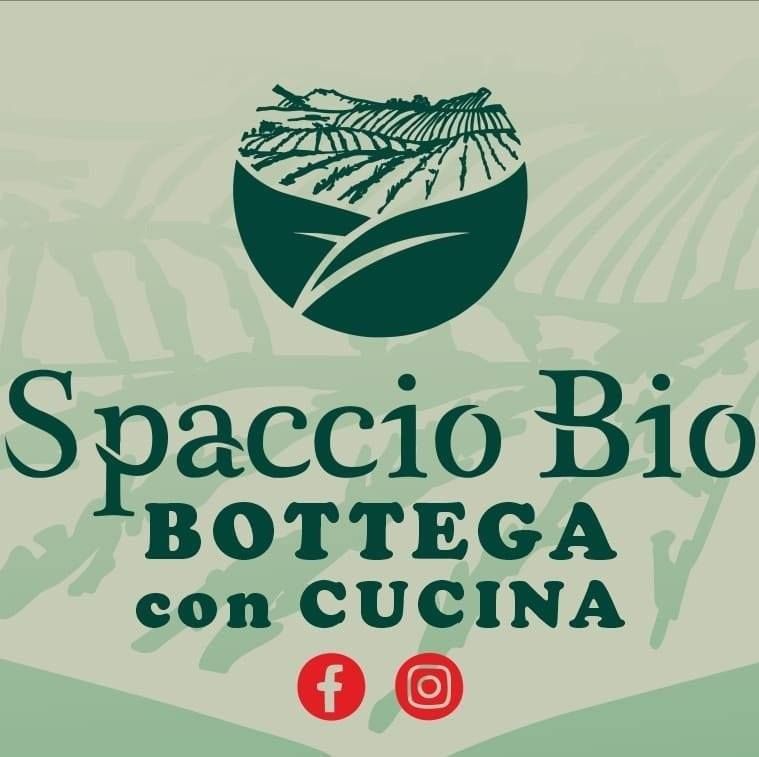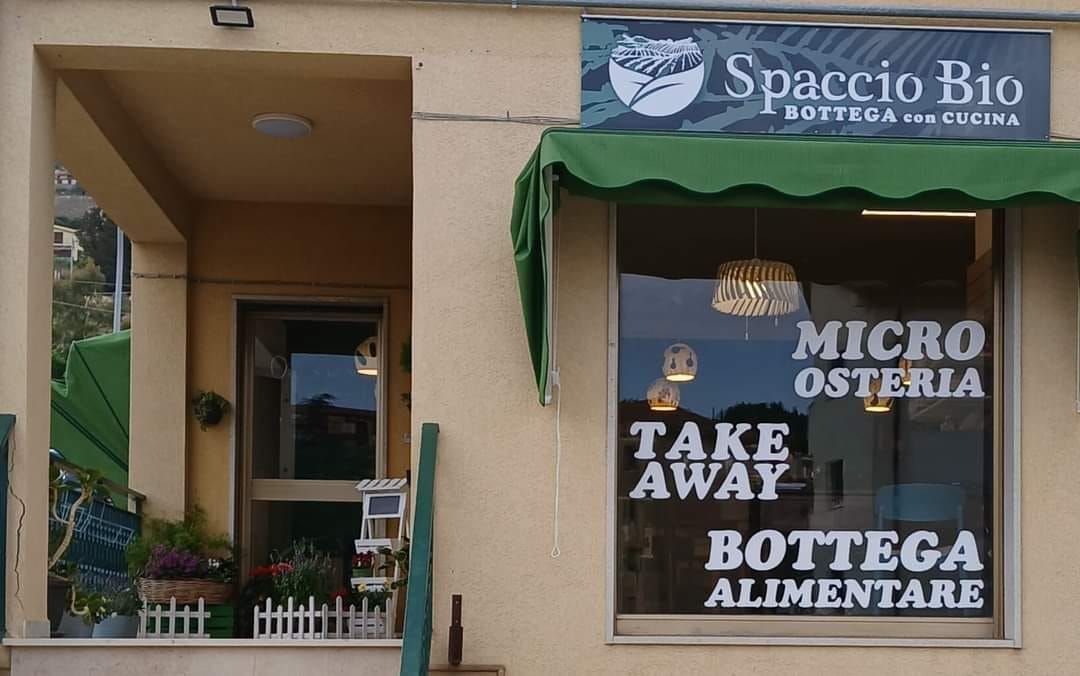Spaccio BIO – Bottega con Cucina
Topic
Green transition of tourism companies and SMEs, Tourism services for visitors and residents alikeCategory
FOOD AND BEVERAGES SERVICESCountry
ItalyBest Practice
The mission is to promote healthy food by selecting wholesome products and supporting workers and the land, demonstrating a genuine commitment to an ethical economy. This holistic approach not only provides quality goods, but also inspires cultural change toward sustainable and inclusive economic models, demonstrating that it is possible to do business responsibly and in a way that respects the environment and people. Also organizing several workshops and activities for children, parallel activities that aim to educate awareness because only if you know you can choose conscientiously thus increasing consumer awareness.
Organization

Spaccio BIO
Spaccio Bio is a store with a small restaurant that promotes healthy food and conscious buying. It offers genuine products, prioritizing the well-being of workers and the earth. Through cultural events, workshops and thematic tables, it promotes understanding of systems of production and exploitation. The store is a meeting point to spread ethical and sustainable economic alternatives, countering the predatory practices of conventional production.
Impact
Spaccio Bio’s approach has had a significant impact on the market, generating growing awareness about the provenance and quality of food. It has shifted consumer attention toward local, sustainable and ethical products. This shift has fostered economic growth in local communities and promoted environmentally friendly farming practices. It has also stimulated the creation of networks of solidarity and exchange between producers and consumers, helping to build a fairer and more conscious market.
Sustainability
First, for environmental sustainability, as it encourages sustainable farming practices and the reduction of environmental impact through the promotion of local and seasonal products, the use of organic farming methods, and the reduction of transportation-related emissions. But also economic sustainability, by stimulating the local economy by supporting small producers and creating jobs in the agricultural and small business sector. It also reduces dependence on large distribution chains, ensuring a more equitable distribution of added value along the food chain.


